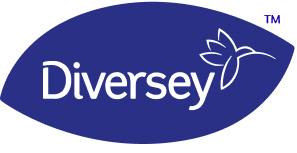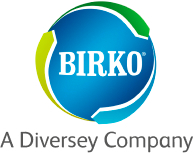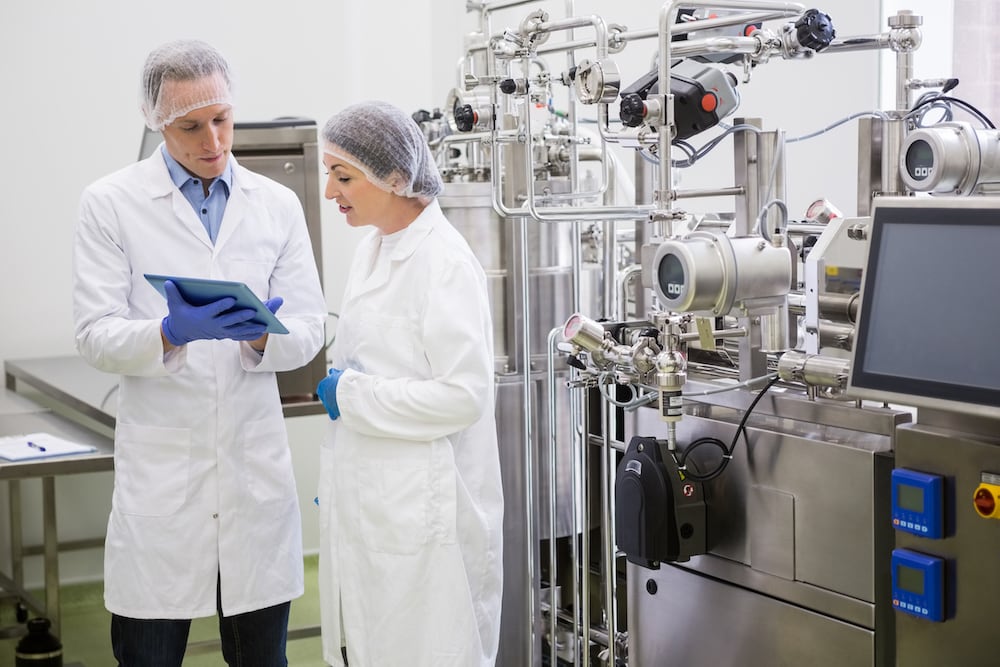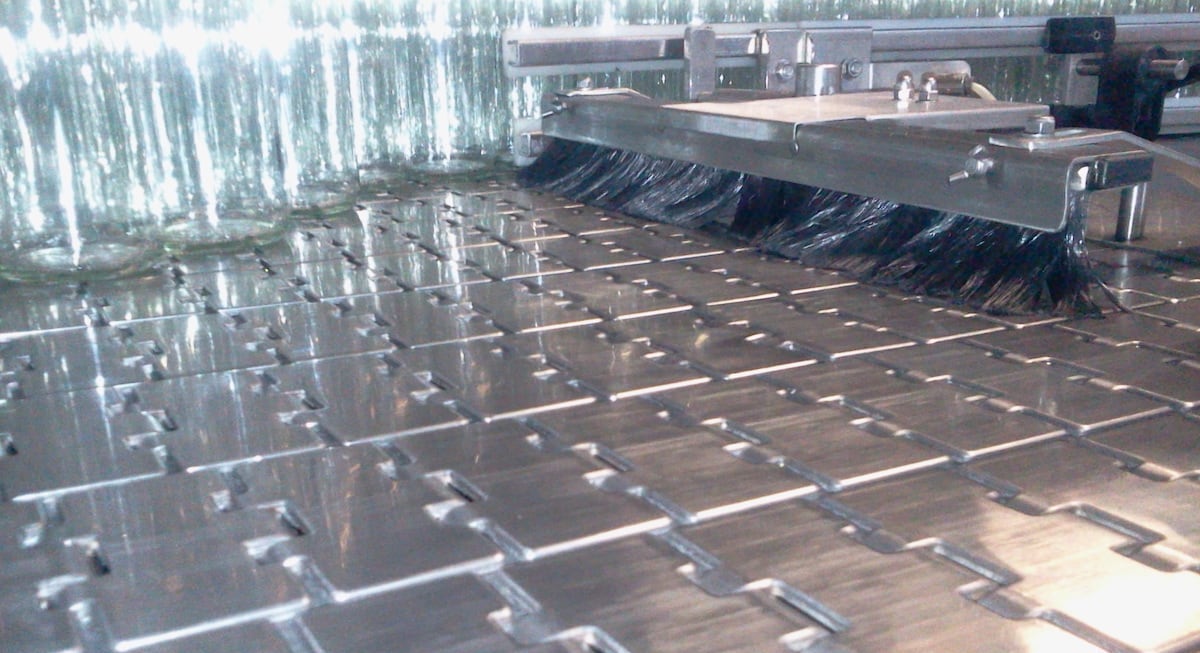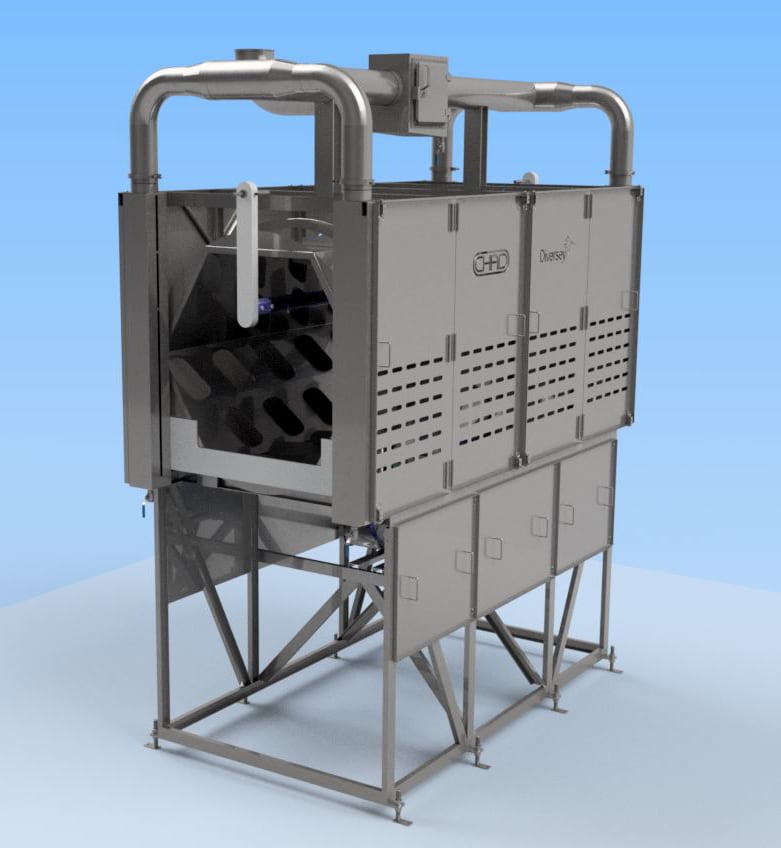Last week, I attended a session on blockchain technology at the Southeast Produce Council’s Southern Exposure Expo that changed how I view blockchain’s role in food safety, especially during product recalls.
The session, “Connecting the Dots: Traceability and Transparency Through Blockchain Technology,” was moderated by Walmart’s Vice President of Food Safety, Frank Yiannis, and discussed (you guessed it) using blockchain to capture data throughout the produce supply chain.
For those not familiar with blockchain technology, it is essentially a digital and decentralized ledger that captures all transactions of information along the supply chain, or as Frank Yiannis puts it “the democratization of information.” Once this data is captured, it is sent to cloud-like storage where it cannot be altered.
My first impression was that using blockchain in produce traceability does nothing more than give retailers another method of ensuring their producers are following proper protocol, but nearing the end of the session, I decided that wasn’t quite the case. The use of blockchain in produce traceability can give the supplier the ability to not only upload their data but also access the receiving/storage data of retailers to ensure their product is being sold in the proper timeframe and at its peak quality.
And, blockchain could prevent market-wide loss of sales that many commodities experience after being associated with foodborne illness. For example, Yiannis shared Walmart’s experience during the 2017 Salmonella outbreak tied to papaya. When the outbreak occurred, Walmart voluntarily pulled all papaya from its shelves as a precaution. Yet, after investigation, Walmart discovered that not one of their 22 growers were responsible for the outbreak. By the time they determined this, the product was long gone and the suppliers suffered significant financial loss. Blockchain can more quickly identify the source of the contamination, in turn only impacting the company with the adulterated product, not every other company that supplies the same type of commodity.
This session made clear to me – and I hope it is now clearer to you – that the use of blockchain is not a “big brother” tactic of retailers, but it provides:
- Stronger traceability, faster recalls
- Prevention of food fraud
- Faster payment, less back & forward on price
- No longer “guilty until proven innocent” in regards to commodities affected by foodborne illness.
Below are links to more resources about the use of blockchain in the food supply. Feel free to contact me any time to discuss how Birko can help you with your food safety programs and help avoid a costly recall in the first place.
Additional resources:
The Potential of Blockchain Technology Application for the Food Industry – Institute of Food Technologists (IFT)
Blockchain FAQs – Institute of Food Technologists (IFT)
Blockchain: An Emerging Food Traceability Technology – Quality Assurance Magazine
What is Blockchain and How Will it Impact the Food Industry? – Food Industry Executive
What You Need to Know About Blockchain – Progressive Grocer
Dave Premo, VP of Business Development for Birko, can be reached at [email protected] or 720.425.8926.
